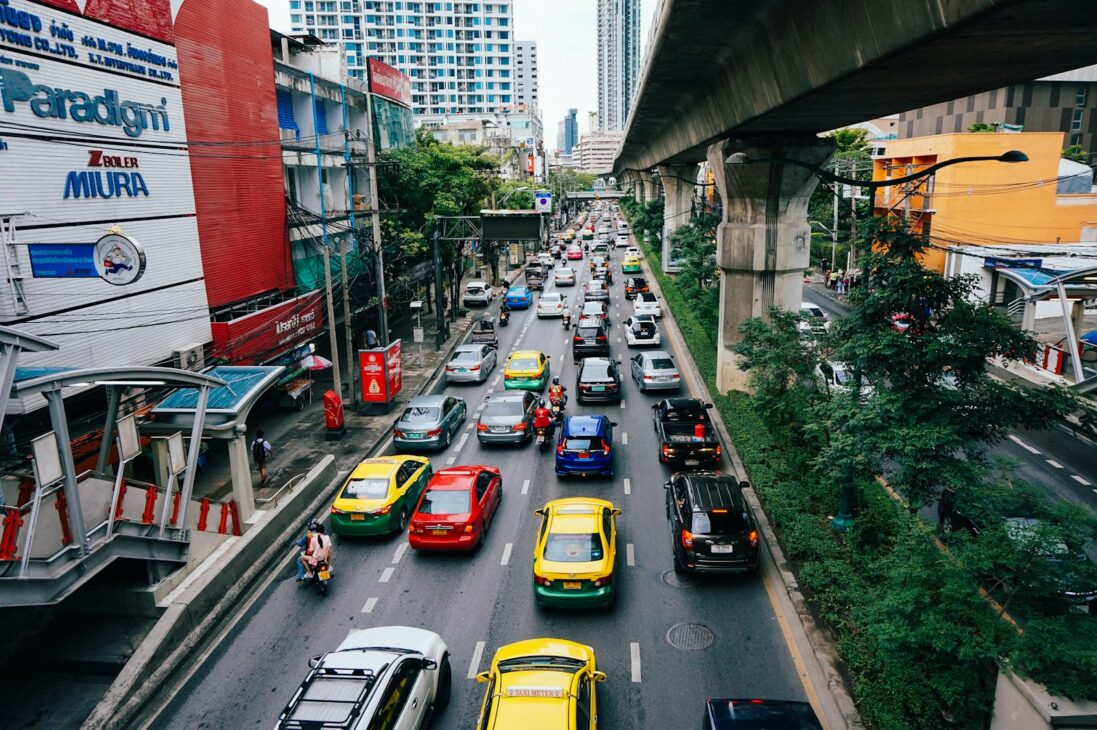Cars. They’re noisy, expensive, and always seem to break down the week before payday. Additionally, we could discuss the frustrations of traffic jams. But here’s the big question: are cars a necessity?
It’s a debate as old as the motorway itself. On one side, you’ve got city slickers swearing by buses, bikes, and metro passes. On the other side, there are road-trippers and countryside dwellers who would never consider giving up their vehicles. The truth? Both camps have a point. Let’s explore the advantages and disadvantages of car ownership and determine your position.

Why we rage-quit on cars
Let’s start by acknowledging that cars can be extremely annoying.
- Traffic eats into your morning mood.
- Petrol prices can drain your bank account.
- Parking feels like an Olympic sport.
- And yes, the environmental guilt is real.
For many people, especially in well-connected cities like London, Berlin, or New York, public transport seems like a better alternative. Why contend with congestion charges and insurance when you can simply swipe your metro card and proceed on your way?
But hold on—before you list your car on Facebook Marketplace, let’s zoom out.

When cars really help
Step outside the city bubble, though, and the story changes. Once you venture into the countryside, the limitations of public transport become apparent. A car gives you flexibility and access that buses and trains simply don’t offer.
Imagine planning a weekend hike in the Scottish Highlands or a day trip to a hidden beach in Cornwall. Without a car, you’re stuck relying on complicated bus schedules or begging friends for lifts. Having your set of wheels makes everyday tasks like grocery shopping, school runs, or spontaneous getaways a whole lot easier. In this sense, a car isn’t just convenient—it’s essential.
(See also: Top hidden travel spots you can only reach by car)
Public transport vs car ownership
Public transport does have plenty of advantages. It’s generally cheaper, more eco-friendly, and doesn’t saddle you with the ongoing responsibilities of maintenance and insurance. In well-connected cities, owning a car can even feel like a liability.
But car ownership also has undeniable benefits. The benefits of privacy, control, and reliability are indisputable. There’s no waiting on delayed trains or squeezing into overcrowded buses. You can arrive and depart according to your schedule, without having to worry about service timetables. The deciding factor is less about whether cars are “good” or “bad” and more about your lifestyle. If you live in a city centre, you can likely survive without it. A car is practically a must if you live in the country or the suburbs.
Check out: Public transport hacks to save time and money

The freedom factor
One of the best parts of having your own car is the sense of freedom it brings. As soon as you turn on the ignition, you take control. You choose the route, the soundtrack, and whether to take a detour for ice cream on the way home. There’s no waiting around in the rain for late buses or cramming into carriages during rush hour.
Driving gives you a sense of independence and self-reliance that public transport can’t match. It’s about more than convenience—it’s about having control over your own movement, whenever and wherever you want.
The costs you can’t ignore
Of course, freedom comes at a price. Cars are expensive to buy, whether you opt for a brand-new model or a second-hand bargain. And the spending doesn’t stop there. Insurance, fuel, servicing, and repairs all add up quickly. Then there’s the environmental impact. Even with electric vehicles becoming more common, car ownership still comes with a carbon footprint.

Owning a car is a trade-off. It’s a balance between convenience and cost, freedom and responsibility. For some, the benefits far outweigh the drawbacks. For others, especially city dwellers, public transport remains the smarter choice.
Therefore, are cars a necessity?
The answer depends on your lifestyle. In cities with strong transport links, cars are often unnecessary, even burdensome. Outside the city grid, though, they can quickly shift from luxury to necessity. Families, frequent travellers, and anyone living in a rural area will almost always discover life easier with a car.
Ultimately, cars are annoying; no one’s denying that. But for many of us, they’re still essential. The independence, flexibility, and opportunities they offer are difficult to replace.















